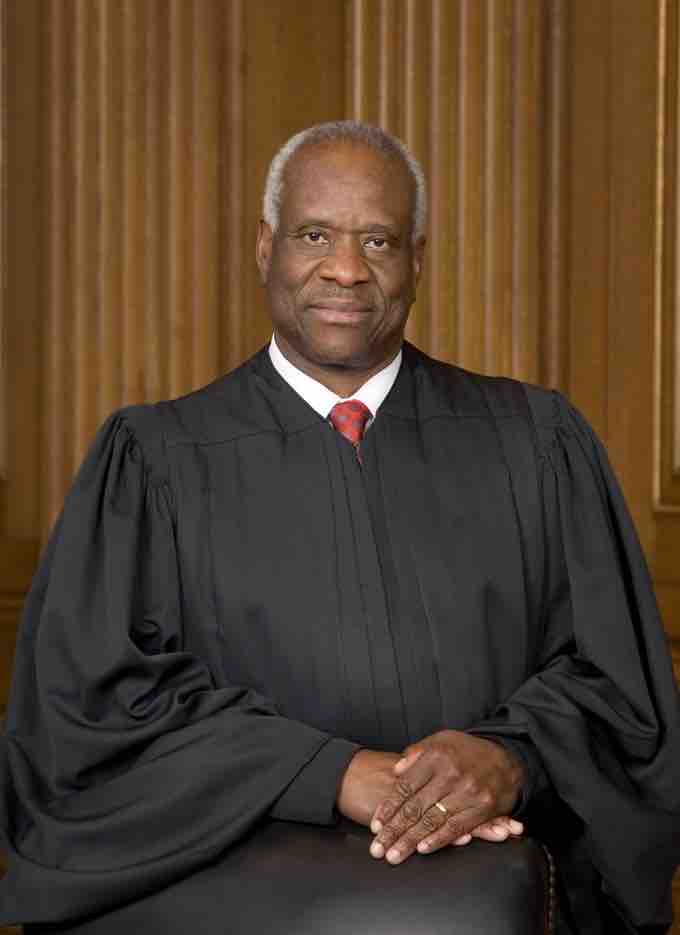Since the 1970s, affirmative action programs, particularly those in higher education, have been tested politically and legally by its opponents. Proponents of affirmative action contend that affirmative action programs give minorities the same educational advantages and opportunities that should be afforded to all races and attempt to compensate for past institutional racism. Proponents further argue that affirmative action programs encourage the elimination of racism by demonstrating that people from all different backgrounds can succeed in educational and professional settings.
However, supporters of affirmative action have encountered opposition. Some opponents have tested the bases for affirmative action programs on the basis of class inequality. These opponents argue that the program actually benefits middle- and upper-class African and Hispanic Americans at the expense of lower-class European and Asian Americans. This argument supports the idea of solely-class based affirmative action or the idea that affirmative action programs should be instituted based on social class rather than race . Other opponents have tested affirmative action by arguing that these programs lower admission standards for educational and professional environments and stating that affirmative action is a form of reverse racism, by which Caucasians are disadvantaged in the same way that minorities were in the past.

Justice Clarence Thomas
Supreme Court Justice Clarence Thomas has argued that affirmative action programs disadvantage minority students because others think that they achieved success due to affirmative action rather than their own merits.
Opponents of affirmative action have tried to disassemble affirmative action programs. States such as California, Michigan, Washington, and Nebraska have held a referendums, turning the issue over to voters on a direct ballot measure. In all four of these states, voters demanded that state institutions, including public institutions of higher education, disband all programs that take race and ethnicity into account for admissions. Affirmative action programs have engendered lawsuits disputing their constitutionality. These suits are normally sought by Caucasian students who were not admitted to institutions of higher education while lower scoring minority students were admitted. The most famous of these cases include Regents of the University of California v. Bakke (1978), Hopwood v. Texas (1996), Grutter v. Bollinger (2003), Gratz v. Bollinger (2003), and Parents Involved in Community Schools v. Seattle School District No. 1 (2006). Each of these cases has more narrowly defined the instances in which public schools can factor race into account in admissions.